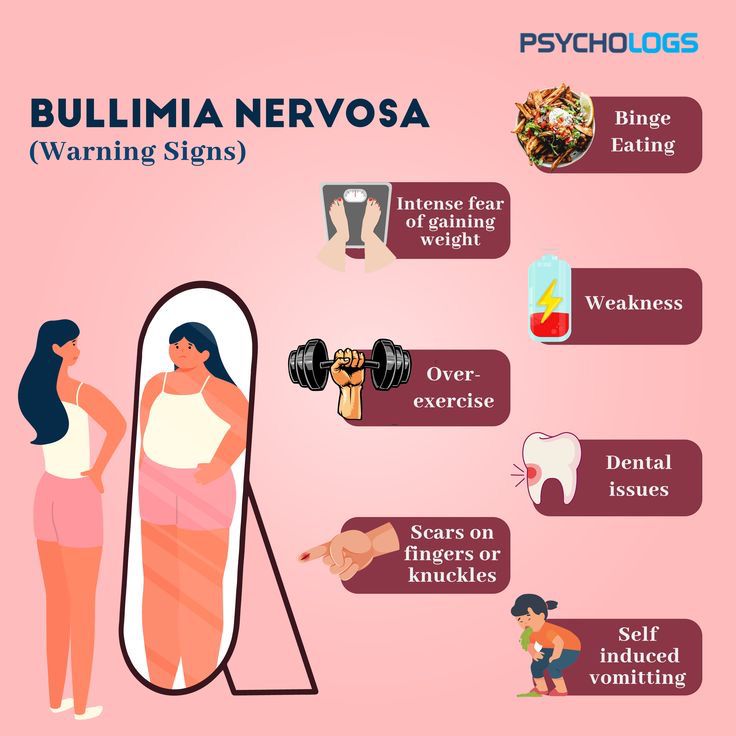We only have what we give... Donate Now.
Bulimia Nervosa Uncovered: What You Need to Know and How to Seek Help!

"Bulimia Nervosa Uncovered:
The term bulimia is derived from two Greek words, ‘bous’ meaning ox, and the word ‘limos’
meaning hunger.
Bulimia Nervosa (BN) is a serious psychiatric ill health characterized by frequent binge-eating
episodes (unusually large amounts of food are consumed over a short period). Binge episodes
are coupled with a feeling of loss of control followed by feelings of guilt and shame, which leads to
compensatory behaviours like self-induced vomiting, fasting, exercise and/or inappropriate use
of laxatives, enemas or diuretics.
Purging and non-purging are the two subtypes of bulimia nervosa. Purging bulimics use some
approach, usually self-induced vomiting, to rid their bodies of the food they binged on. Non
purging bulimics do not regularly purge, but they substitute for binges primarily through fasting
or excessive exercise.
Binge eating, or consuming large amounts of food in a short period of time while feeling out of
control, compensatory behaviours, such as using laxatives or vomiting to avoid gaining weight,
and self-evaluation, which involves a skewed perception of one's own body, are common
characteristics of bulimia nervosa.
Risk Elements for Nervosa Bulimia
Bulimia nervosa is said to be caused by a confluence of genetic, environmental, and
psychological factors, though the exact cause is unknown.
1. Genetic Predispositions: Studies suggest that bulimia nervosa may run in families and have a
genetic basis.
2. Psychological Factors: Bulimia nervosa can be triggered by experiences of trauma, abuse, or
extreme stress. Many individuals who suffer from bulimia nervosa also have underlying mental
health issues, such as post-traumatic stress disorder (PTSD), obsessive-compulsive disorder
(OCD), depression, or anxiety.
3. Social and Cultural Pressure: Society's emphasis on perfection, thinness, and beauty standards
can aggravate body dissatisfaction and unhealthy weight-control behaviours.
4. Dieting Behaviors: Individuals who restrict their diets may be at a higher risk of developing
bulimia, especially if they experience a sense of deprivation and a loss of control.
5. Environmental factors: exposure to negative role models in the media and fashion industry, as
well as pressures from physical activities, especially those that emphasize weight
Health Problems Linked to Nervosa Bulimia
Significant negative effects on one's physical and mental well-being can result from bulimia
nervosa. The following are some of the more prevalent health issues: • Problems with the heart: Purging or using laxatives can cause electrolyte imbalances, which
can result in heart failure, arrhythmias, and even death.
• Digestive issues: Prolonged vomiting can harm the gastrointestinal tract, stomach lining, and
oesophagus by causing inflammation. Intestinal damage and chronic constipation can result from
laxative abuse.
• Mental health issues: Anxiety, depression, and other psychiatric disorders often coexist with
bulimia nervosa, which can make recovery even more challenging.
• Bone health: Low bone density (osteopenia or osteoporosis) caused by chronic malnutrition or
starvation can weaken bones and increase the risk of fractures.
Treatment Options for Bulimia Nervosa Treatment
Options for bulimia nervosa include helping the patient interrupt the cycle of purging and bingeing,
re-establishing healthy eating habits, and addressing the psychological aspects of the disorder.
Psychotherapy:
1. Cognitive Behavioral Therapy (CBT): CBT is the most effective form of psychotherapy
for treating bulimia nervosa. It helps individuals identify and change unhealthy thoughts
and behaviours related to eating and body image.
2. Interpersonal Therapy (IPT): This form of therapy focuses on improving interpersonal
relationships and communication skills, which may help reduce emotional distress and
unhealthy coping mechanisms.
Nutritional Counseling: Registered dietitians or nutritionists help patients restore normal eating
patterns, rebuild a healthy relationship with food and address nutritional deficiencies caused by
disordered eating.
Medication: Antidepressants (SSRIs): fluoxetine (Prozac) is a common prescription drug used to
treat bulimia symptoms, especially when a co-occurring mood disorder like depression or anxiety
is present.
Hospitalization or Residential Treatment: In cases of severe bulimia nervosa, hospitalization
may be required to stabilize the patient's health before starting therapy, especially when the patient
is at risk of life-threatening complications (like severe malnutrition or cardiac arrhythmias).
Support Groups: Peer support groups and group therapy can provide emotional support and help
people feel less alone in their struggles with the disorder.
Most of the time, bulimia nervosa can be cured with early diagnosis, but prevention and early
detection of abnormal eating patterns is linked to worse outcomes.
Article written by Imaobong Odiong, 07066287011

